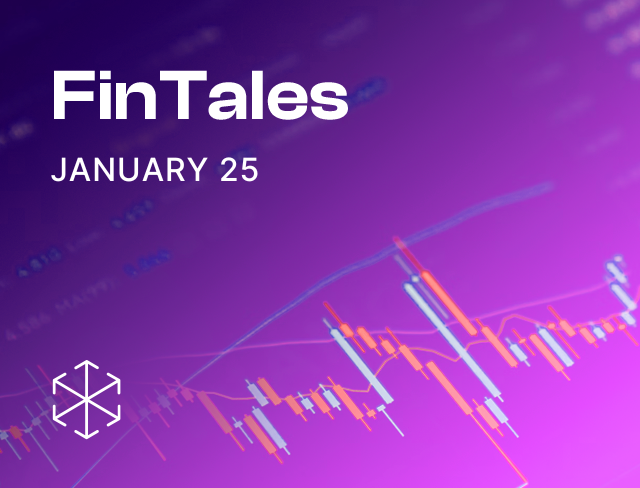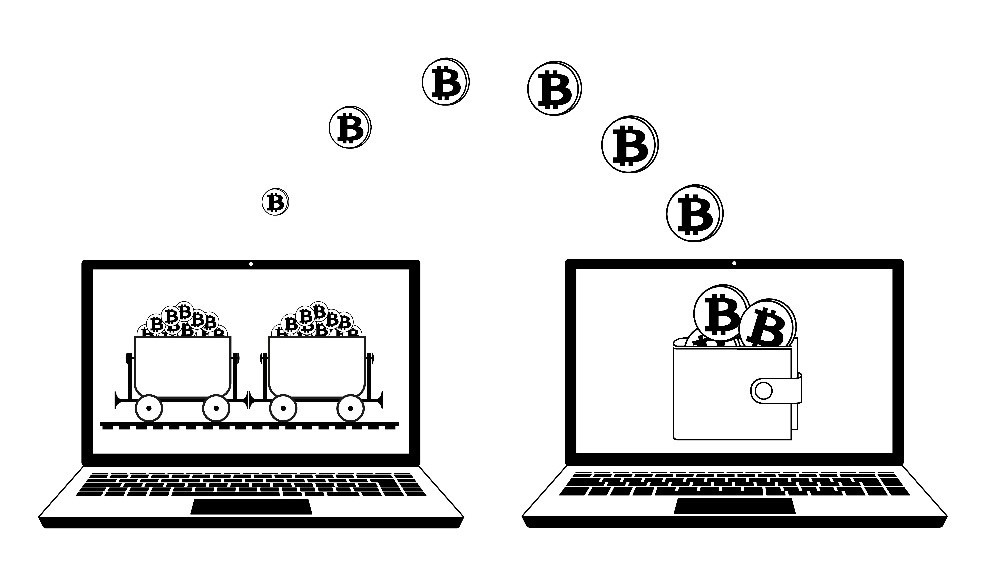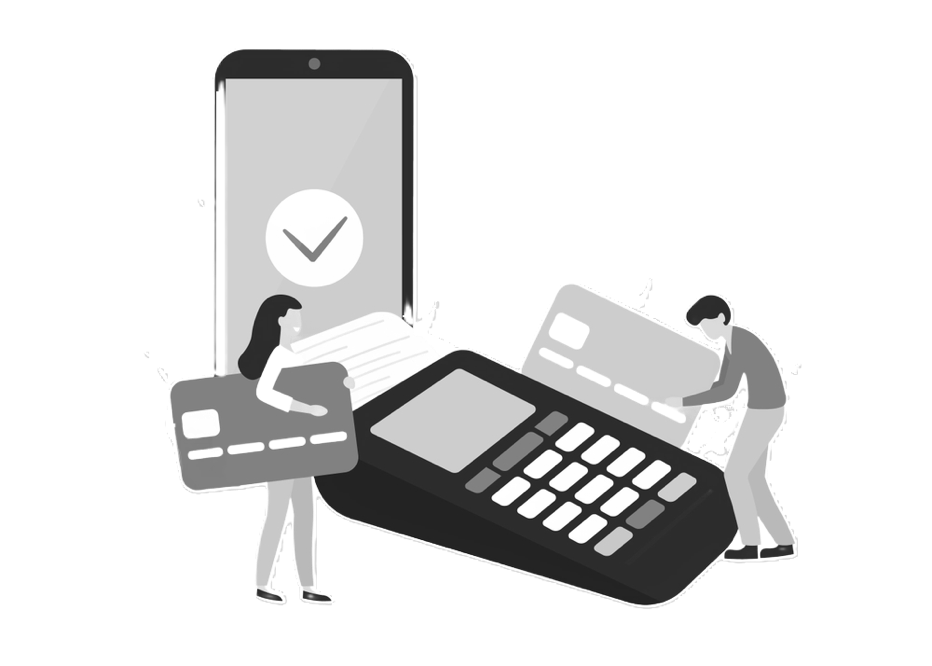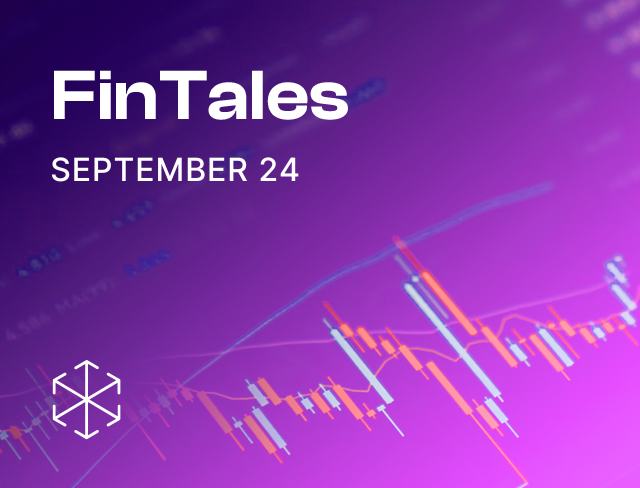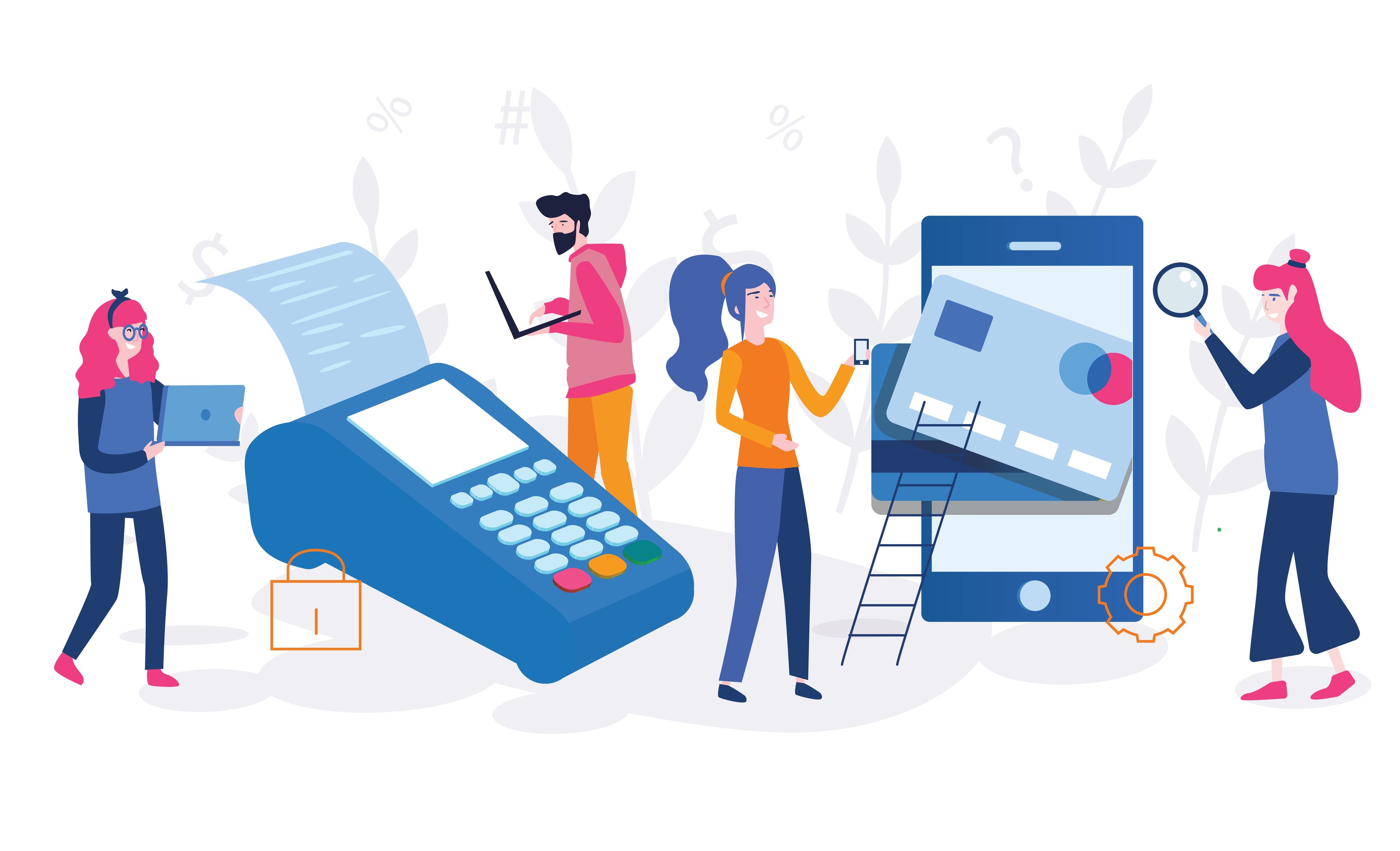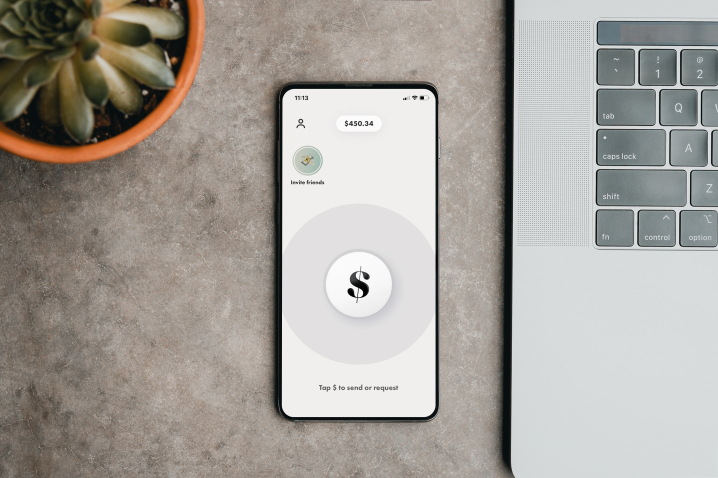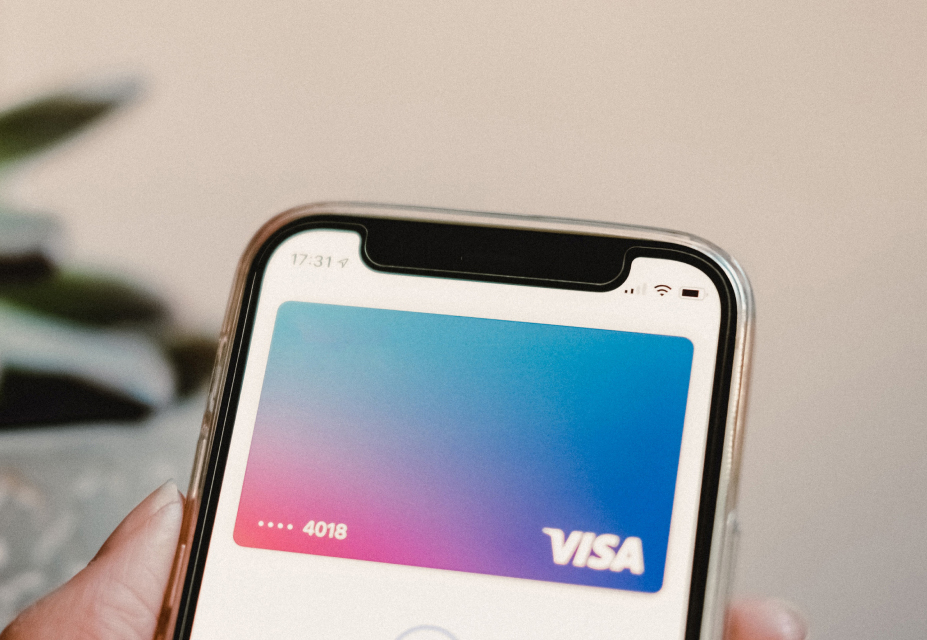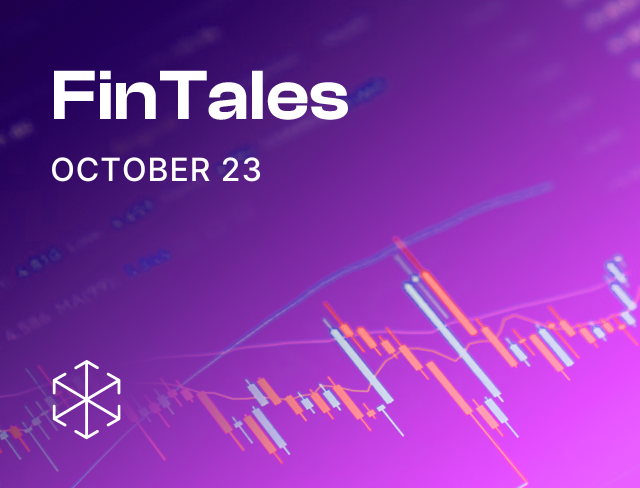This post analyses the implications of RBI allowing unregulated entities to access credit bureau data. It explains the history of data sharing between regulated entities and fintech players. And highlights the benefits and risks of providing fintech players access to credit bureau data.
Digital lending is a data play. The better a lender knows its borrowers, the more likely it is to get its money back. Which is why digital lending platforms use multiple data sets, like social media activity, e-commerce purchases, internet usage patterns etc. to underwrite borrowers. They have developed sophisticated underwriting tools (based on alternative data sets) to determine a borrower’s creditworthiness. But, till now, they couldn’t access more traditional data points like a borrower’s credit score. This is set to change.
RBI relaxed the eligibility criteria to access credit information from credit bureaus (like Equifax and CIBIL) in January 2022. Before this change, only regulated entities could access information from credit bureaus. Despite this restriction, a few banks and NBFCs shared credit bureau information with their (unregulated) fintech partners. This market practice caught RBI’s eyes, and in 2019, it asked banks and NBFCs to stop. RBI has, however, changed its tack. Digital lending platforms can now directly access credit bureau information.
We discussed the impact of this change with Vardhan Koshal, founder of Tortoise, a platform for intuitive savings products. “This is a positive step,” he said, “the data belongs to customers and the customers should have the choice to grant access to private players.” “Cheaper and quicker access to credit bureau information can encourage innovative use-cases”, he added. He also believes that RBI must allow access to credit bureau data to fintech companies who offer financial planning or financial health assessment products (and not just credit products).
Empirical studies indicate that combining alternative data with traditional credit bureau data is more accurate at predicting loan defaults (compared to a model which relies on one of these sources). So, access to credit bureau data will allow digital lending platforms to lower delinquencies and help lenders (banks/NBFCs) build healthier loan books. But it isn’t a win-win. Democratizing access to credit information could introduce new data privacy concerns. Especially before the Personal Data Protection Bill is enacted. Till it is, RBI may need to step-in and control the end-use of this data.
(This post has been authored by the fintech team at Ikigai Law.)

